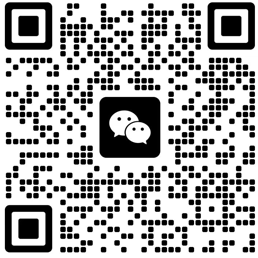 自考导航
自考导航
本文目录一览

The Importance of Vocabulary in the Adult College Entrance Examination
Vocabulary plays a crucial role in the adult college entrance examination. It is not only a key factor in the English test, but also in other subjects such as politics, history, and geography. A good vocabulary can help candidates to understand the questions and express their ideas more accurately and fluently.
To improve vocabulary, candidates should read extensively and systematically. They can read newspapers, magazines, novels, and academic papers, and pay attention to the new words and phrases. They can also use various vocabulary-building tools, such as flashcards, word lists, and online resources. In addition, they can practice using the words in context by writing essays, participating in discussions, and taking mock tests.
However, memorizing vocabulary is not enough. Candidates should also learn the collocations, synonyms, antonyms, and idioms of the words, as well as their grammatical usage. They should also be aware of the common mistakes and pitfalls in vocabulary, such as false friends, homophones, and confusing words. Moreover, they should develop a habit of using a dictionary and consulting it whenever necessary.
In conclusion, vocabulary is a critical component of the adult college entrance examination, and candidates should make efforts to enhance their vocabulary skills. With a rich and accurate vocabulary, they can increase their chances of success in the exam and in their future academic and professional endeavors.
The following is a list of English vocabulary for the adult education entrance examination. This list includes common words and phrases that are frequently used in daily life, as well as academic and technical terms that may be encountered in textbooks and professional settings.
To prepare for the adult education entrance examination, it is important to have a strong grasp of English vocabulary. This will not only help you to understand the questions on the exam, but also to communicate effectively in a variety of contexts.
Some of the key vocabulary areas to focus on include:
1. Basic words and phrases: These include common nouns, verbs, adjectives, and adverbs that are used in everyday conversation. Examples include "hello," "goodbye," "please," "thank you," "yes," and "no."
2. Academic vocabulary: This includes technical terms and jargon that are used in specific fields of study, such as science, math, and engineering. Examples include "hypothesis," "algorithm," "quantum," and "equilibrium."
3. Business vocabulary: This includes words and phrases that are commonly used in the workplace, such as "meeting," "deadline," "project," and "budget."
4. Legal vocabulary: This includes words and phrases that are commonly used in legal documents and proceedings, such as "plaintiff," "defendant," "witness," and "verdict."
5. Medical vocabulary: This includes words and phrases that are commonly used in medical settings, such as "diagnosis," "symptom," "treatment," and "prescription."
By studying and memorizing these key areas of English vocabulary, you will be better prepared to succeed on the adult education entrance examination and in your future academic and professional endeavors.
本文关于成考专升本英语词汇的介绍结束了,感谢您,如果感觉对您有所帮助下收藏本网站吧!我们会继续努力为你提供更多的有价值的内容,感谢您的支持与厚爱!
专本咨询:13823604457(汪老师)
硕博咨询:13809882219(吴老师)
上一篇: 成考专升本英语真题

扫一扫上方二维码
联系电话:13823604457




